Svenska Folkjazzkvartetten
For 12 years, Isak Hedtjärn and Jonas Liljeberg had been playing traditional Swedish fiddle music together.
For the ‘Folkjazz Anfaller’ LP, they extended to a quartet.
“What is music?”
Why did you want to make a record with traditional Swedish violin music? Why violin/fiddle folk?
Isak Hedtjärn: Because we love the music, and enjoy playing it. The quartet is a result of many years playing duo with Jonas (Liljeberg, jb). We’ve played these fiddle tunes as a duo for almost 12 years now, and this group is an extension of our collaboration where we combine all our influences and ideas to play it in a way that makes sense to us.
How did you find the music you used on this album? Was it a combination of looking for records and looking for the musician who played this music? Was it difficult to find and contact the musicians? Were they still actively playing music? Did you play together with them?
It’s a combination. I got interested in this music quite late after discovering Gössa Anders, and learnt mostly from recordings before meeting Jonas.
Jonas grew up with this music and got his repertoire from playing with people and meeting a lot of great folk musicians. His father plays violin/fiddle and grew up in Orsa, the same village where Gössa Anders lived, so Jonas knew a lot of the repertoire associated with Orsa and Gössa Anders, and had many stories about the tunes and fiddlers. He showed me tunes I couldn’t find on records, and I showed him how Gössa Anders played the tunes different from how Jonas had learned them. Since then we’ve discovered a lot together, transcribing recordings and figuring out how to play certain trills and microtones on clarinet/saxophone. We also met fiddlers like Jonny Soling and Ellika Frisell who learned from those who learned from the ones we transcribed. We played with them, learned details and variations of different tunes, and heard many stories. This kind of knowledge has been passed on for many generations. It’s a very beautiful way to learn and it keeps the tradition alive.
Why did you want to play folk “in a jazz way”?
Almost from the first time we played, we’ve had the idea of this band. Both of us were studying jazz when we met, so the idea came quite naturally.
The ambition is to play the melodies true to the tradition, not to change them or play them “in a jazz way”. It’s more about the combination of different traditions. The rhythms in the fiddle tunes reminds me so much of how Elvin Jones mixed 16th notes and triplets. It has a similar irregular & polyrhythmic feeling to it, so I thought it would be the perfect match. How John Coltrane’s Quartet played ‘Chim Chim Cheree’ and similar tunes was a way we imagined would fit these tunes too.
When we arrange for the group it’s all about finding ways to play that fits organically with the melodies and energy in the tune, and since all of us mostly play jazz or free improvised music, those ideas and sounds naturally come up.
What would your definition of “folk” be? Music by the people, for the people? Working class music? Music from the countryside?
I find it impossible to define any genre, I still use the names to make people roughly understand what I’m talking about, and I tend to use different words depending on who I talk with.
Our band name is pretty stupid in that sense (The Swedish Folk Jazz Quartet) but it could maybe give a picture of how the music sound.
But what’s jazz? What’s actually Swedish in Swedish folk music? What’s folk music? What is music? Is this tune actually from Orsa? No idea.
How did you make your selection of the music you chose for ‘Folkjazz Anfaller’? What were you looking for? What was your definition of “a good recording” or a recording you could use for this project?
We took all our favorite fiddle tunes basically, and most of the songs are the first ones we started playing with the quartet. We didn’t think so much about the selection, we played the tunes we liked. But we have way too many favorite tunes in our repertoire now, so it’s beginning to be a problem to make a set list for our concerts. And we have a lot more records to make.
The tunes are a mixture of dance music, marching music and herding calls, and I think we unconsciously try to have a good variation and dynamic between moods and styles on concerts or records.
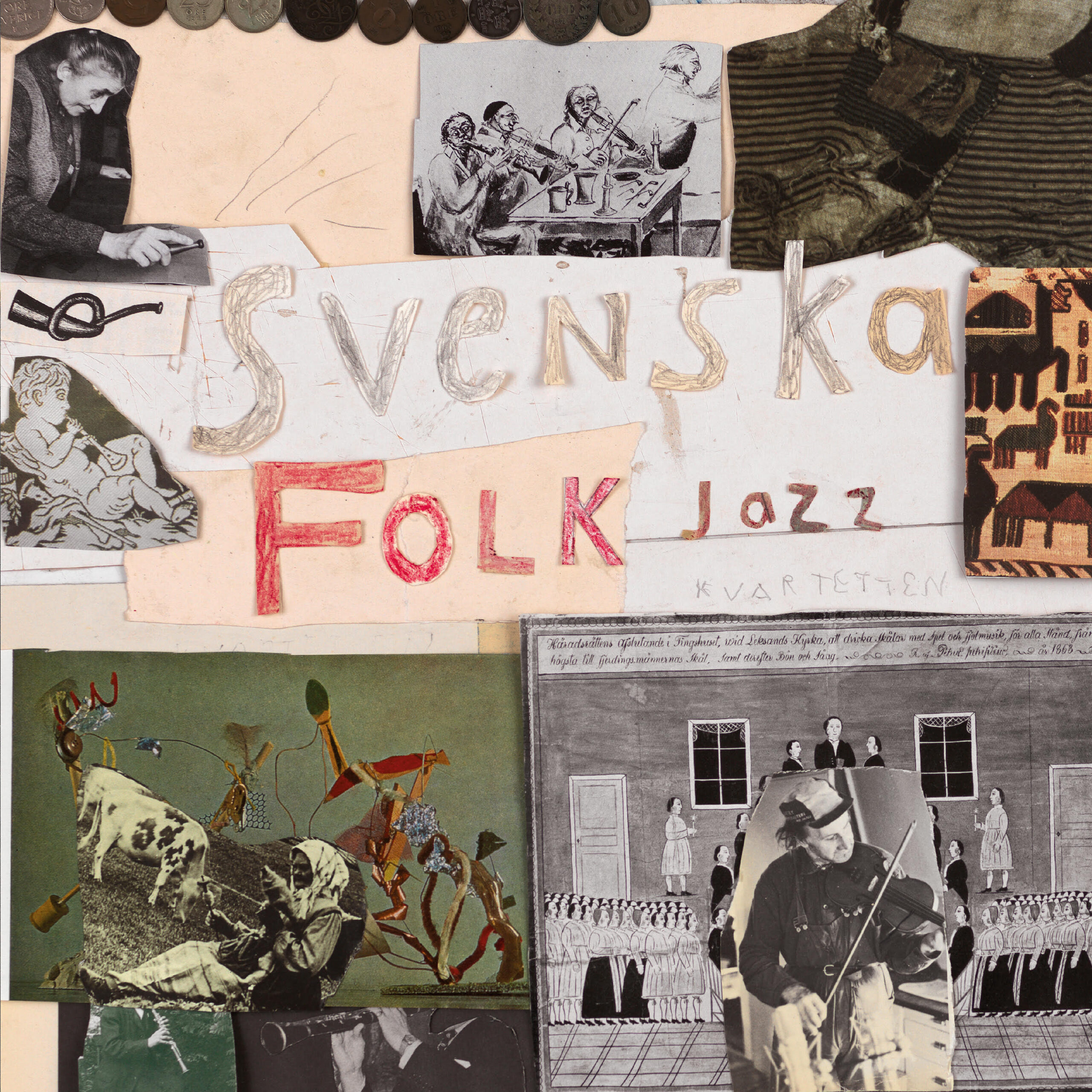
Do you see what you play as “covers” or as interpretations?
Both, I think. I always thought a cover is some kind of interpretation. But if a cover means playing more similar to the original, I guess that’s how we view playing the fiddle tunes. And the interpretation would be how we choose to accompany the tunes, or the way we use the material for improvisation.
But maybe it’s the other way around?
What was the role of Vilhelm Bromander and Anton Jonsson? Are they also involved in the research part?
It’s been me and Jonas who suggested which tunes we play, since we already have a lot on our repertoire. Me and Jonas often have a loose idea about how to arrange the tune, but then we work it out together as a quartet, always leaving much space for improvisation. Both Vilhelm Bromander and Anton Jonsson are creative improvisers with unique musical languages, and we all contribute with ideas, and discuss the harmony and instrumentation.
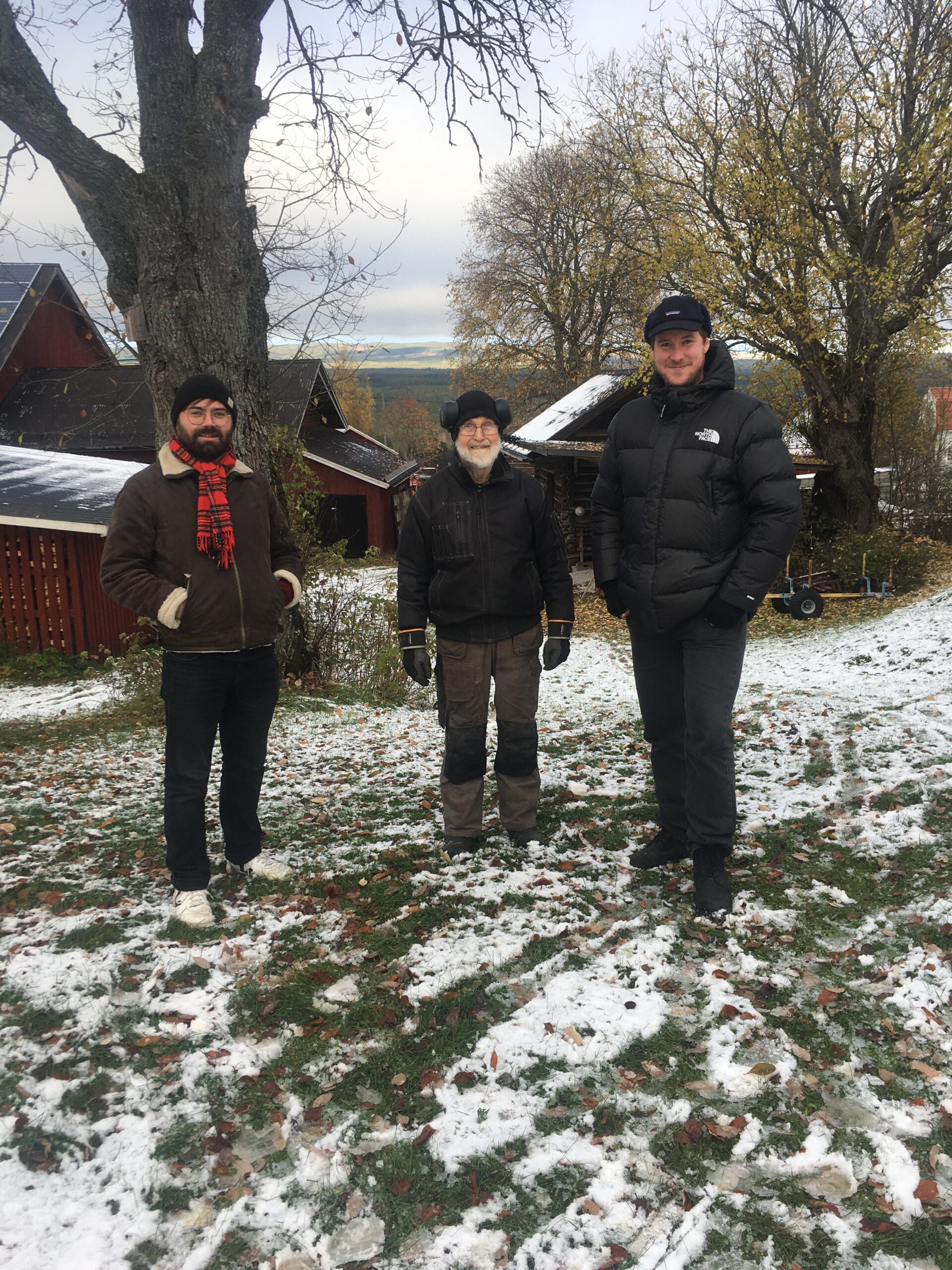
What I was wondering: do you feel like there’s a connection between what you do and what for example Nathan Bowles and Mike Gangloff (of Pelt) did with the Black Twig Pickers?
I had never heard of them before. But I like it. What I read about them sounds similar to our idea. But for me, not having listened to this kind of music before, it seems that they’re even more about creating the sound of how the music sounded back in the days. If we wanted to do that, we would only have played violin and not improvise so much.
Joeri Bruyninckx
Svenska Folkjazzkvartetten Facebook / Instagram

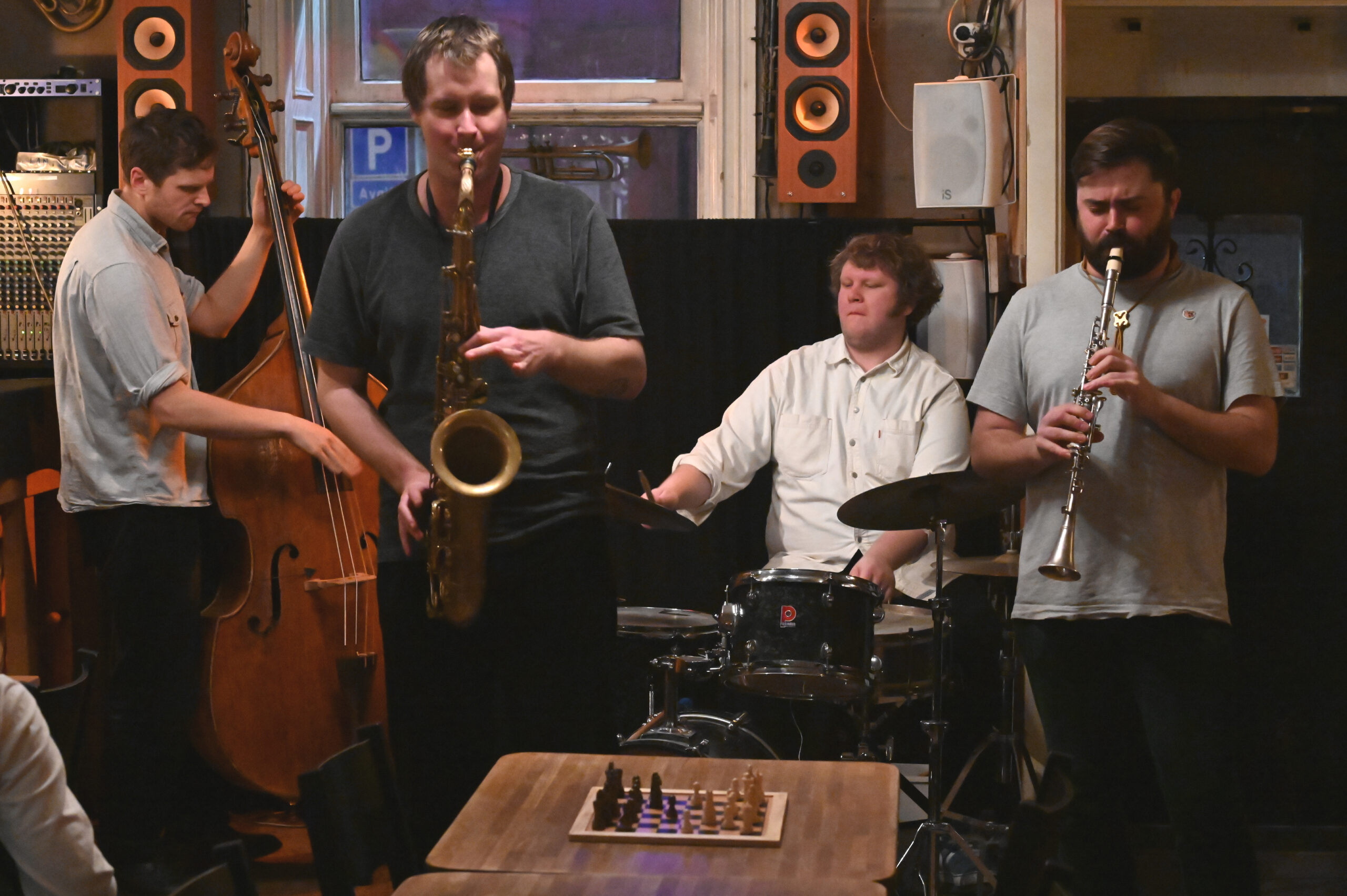
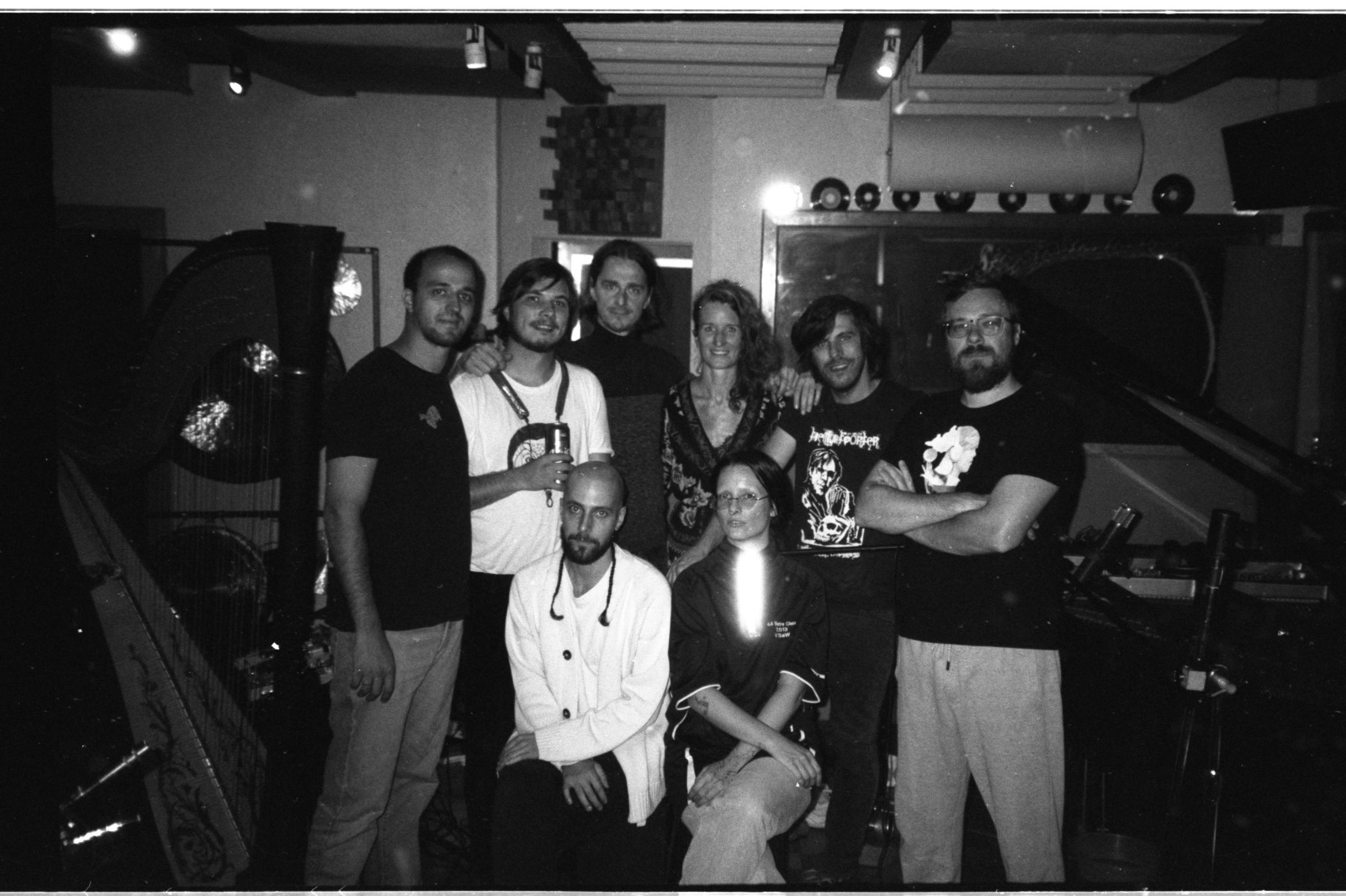
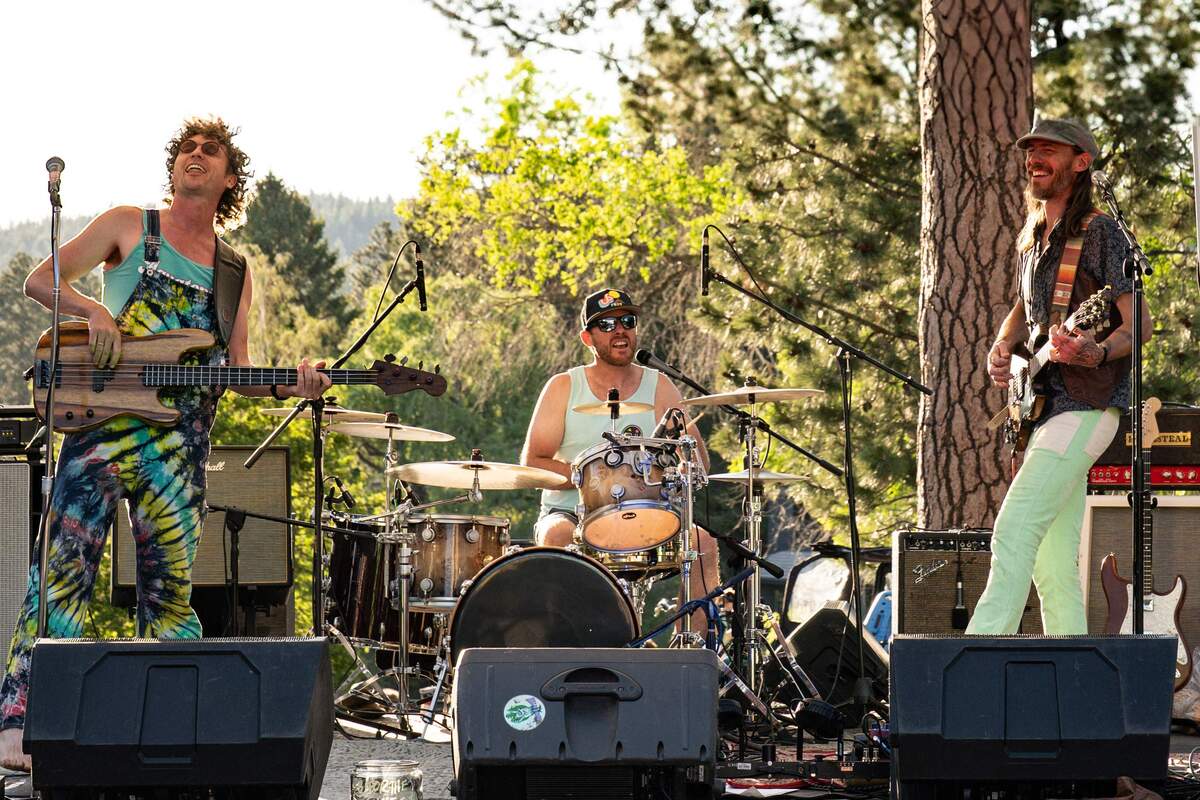
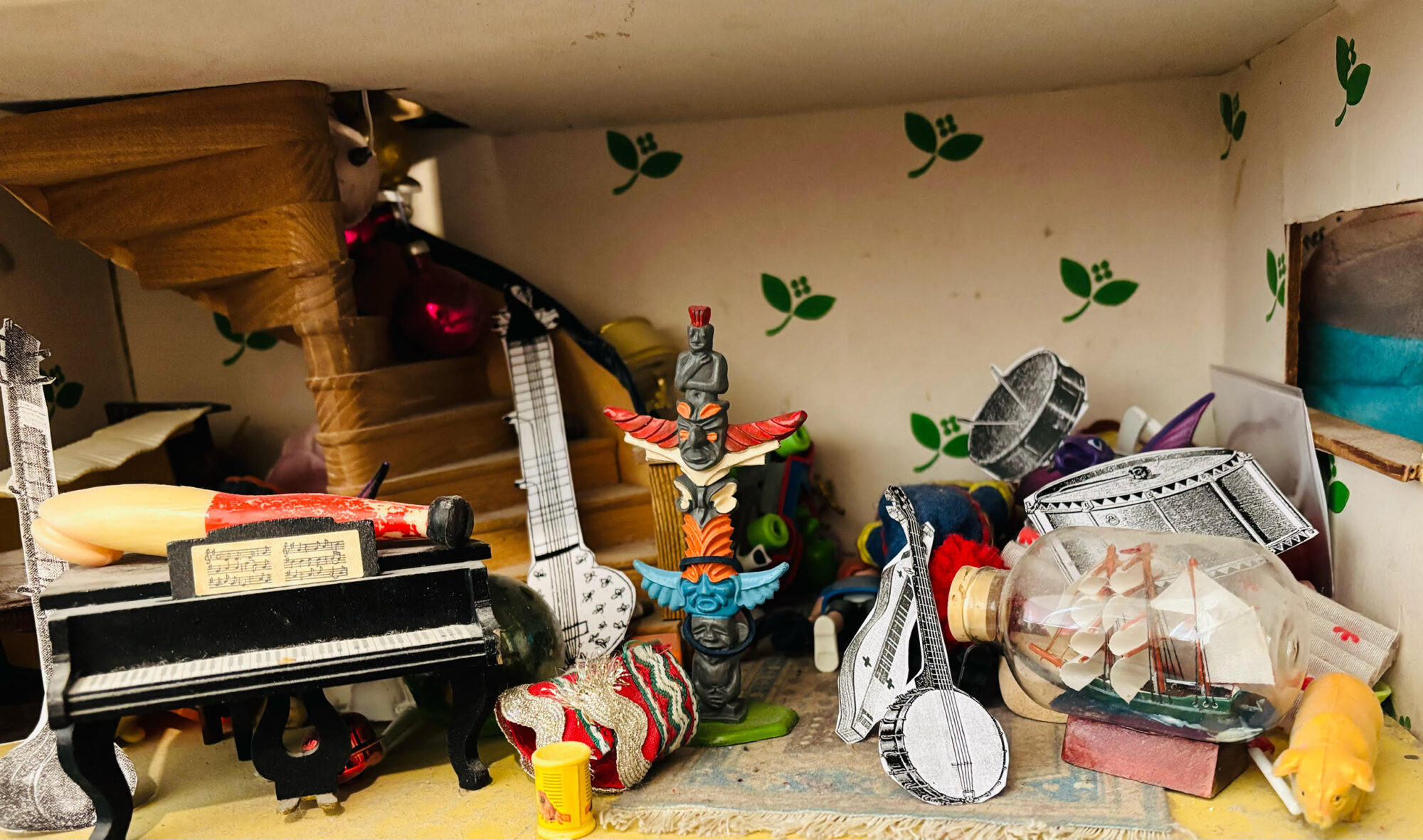
A lovely band with great musicians, the album is great even though the live experince add a lot to their music